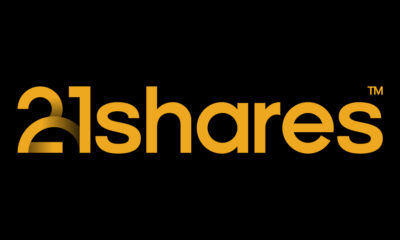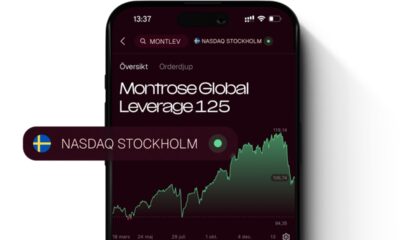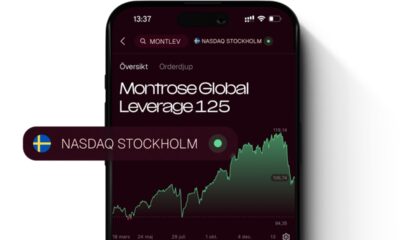How should investors diversify their portfolios
Robin Powell
Prof Martin Weber – University of Mannheim
Hello There! One of the most important lessons we’ve learned from more than 60 years of portfolio construction is that diversifying your investments is a very good idea.
Professor Martin Weber from the University of Mannheim is a recognised international authority on the subject. He says, every portfolio requires a degree of balance:
Diversifying is the key thing to investment. There is a big saying: diversification is the only free lunch you get or you hate risks and you can destroy risk by diversification. That’s the reason it is so important.
The next question is: How do you diversify? The important thing, says Professor Weber, is to diversify across different geographical regions and different asset classes.
The idea of optimally diversifying is that you look at different asset classes first and you diversify across different asset classes and as the second thing, even within these asset classes, you diversify as broad as possible. If you think about different asset classes, clearly as stock, bond and commodities – you can think about other ones – but these are the most liquid tradable asset classes.
Within the stock, you have a variety of different stocks.
Of course, the downside of diversification is that you aren’t heavily exposed to the sector that’s about to enjoy big returns.
But that’s not the point. After all, nobody knows which region or asset class is about to outperform from one year to the next. The beauty of the idea of diversifying is, that you always have some bad things and some good things happening: There might be a bond bubble, there might be a gold rush, there might be a lot of things going on. That is basically the idea of diversifying. If you use a passive diversified strategy, you don’t have to care. It doesn’t matter to you.
Most investors should primarily hold stocks, as well as bonds to dampen the risk. But Professor Weber also recommends keeping a cash reserve, for two reasons.
It’s basically an idea to reduce risk. That’s one reason why you should hold cash in accordance with your risk preference. The second reason is that it is a buffer in case you need some money because your car breaks down, you want to go for a big journey or remodel the house. That’s a different need of cash. So for those two different reasons you might want to hold cash.
So that, in a nutshell, is diversification. It’s not complicated, but it’s very sensible. After all, as an investor, it’s better to be roughly right than completely wrong. Thank you to Professor Weber, and to you for watching. Goodbye.
With all investments your capital is at risk and the value of your investments and the income deriving from it can rise as well as fall. Past performance is not a guide to future performance. This site is provided for information purposes only and is not intended as a recommendation or an offer or solicitation for the purchase or sale of any financial instruments. Robo-advisor is category established by U.S. companies like Betterment and Wealthfront, it does not imply we provide advice. Ask a Financial Advisor if in doubt. Amazon, Amundi, Apple, Barclays, Blackrock, Boost, Deutsche Bank, ETF Securities, First Trust, Google, HSBC, Invesco, Lyxor, SaxoBank, State Steet, Source, UBS, Ubuntu, Vanguard, Windows and Wisdom Tree are trademarks of their respective owners. ETFmatic Ltd is authorised and regulated by the Financial Conduct Authority (No. 657261) and is a limited liability company registered in England and Wales, no. 08856747, with a registered office at 4th Floor 7-10 Chandos Street, Cavendish Square, W1G 9DQ, London, United Kingdom. ETFmatic Ltd is registered for VAT with the HMRC with registration number 190 8981 63. The custodian of our clients money is Barclays Bank, while the ETF´s are held by Saxo Bank in a segregated account on the name of ETFmatic Global Nominee Ltd. Our services are available in Austria, Belgium, Denmark, Estonia, Finland, France, Germany, Ireland, Italy, Latvia, Netherlands, Norway, Poland, Portugal, Spain, Sweden and the United Kingdom. Free simulation accounts are available worldwide.

 Nyheter4 veckor sedan
Nyheter4 veckor sedan
 Nyheter3 veckor sedan
Nyheter3 veckor sedan
 Nyheter4 veckor sedan
Nyheter4 veckor sedan
 Nyheter3 veckor sedan
Nyheter3 veckor sedan
 Nyheter3 veckor sedan
Nyheter3 veckor sedan
 Nyheter3 veckor sedan
Nyheter3 veckor sedan
 Nyheter3 veckor sedan
Nyheter3 veckor sedan
 Nyheter2 veckor sedan
Nyheter2 veckor sedan






















